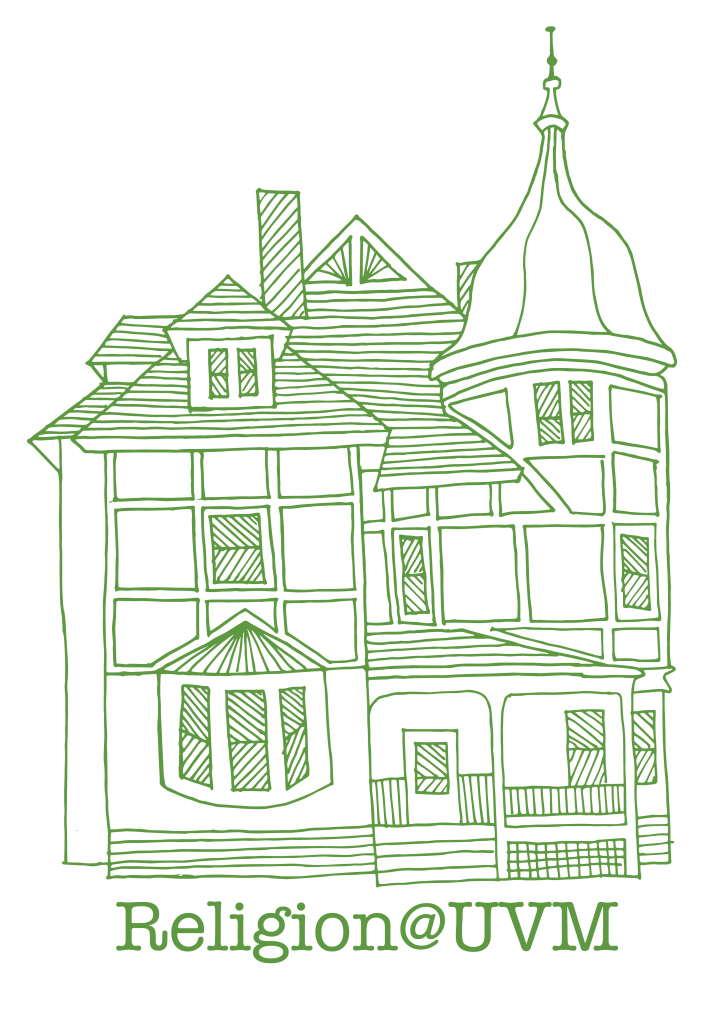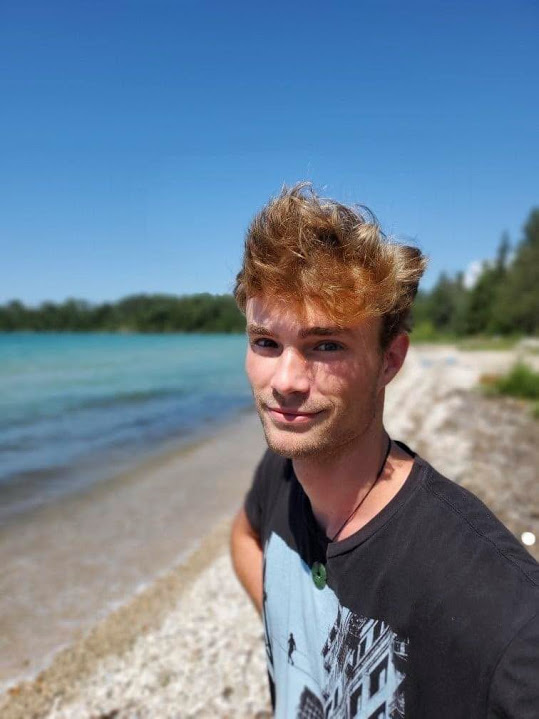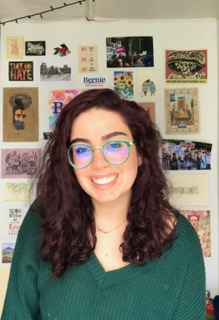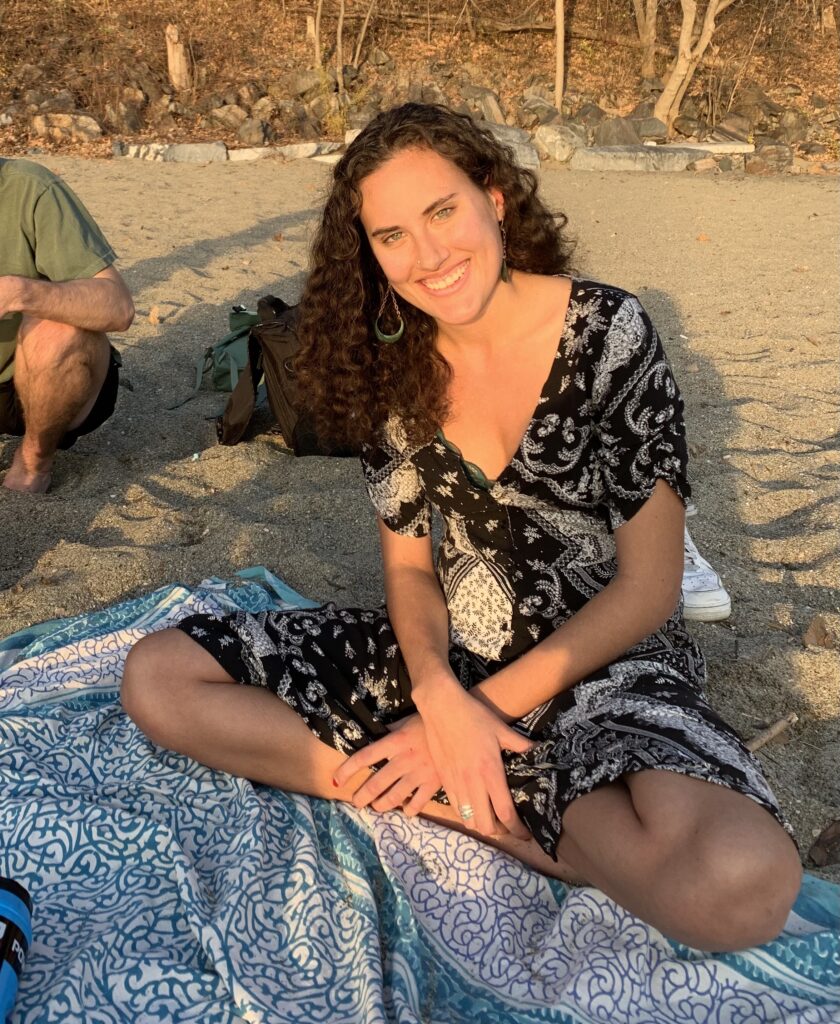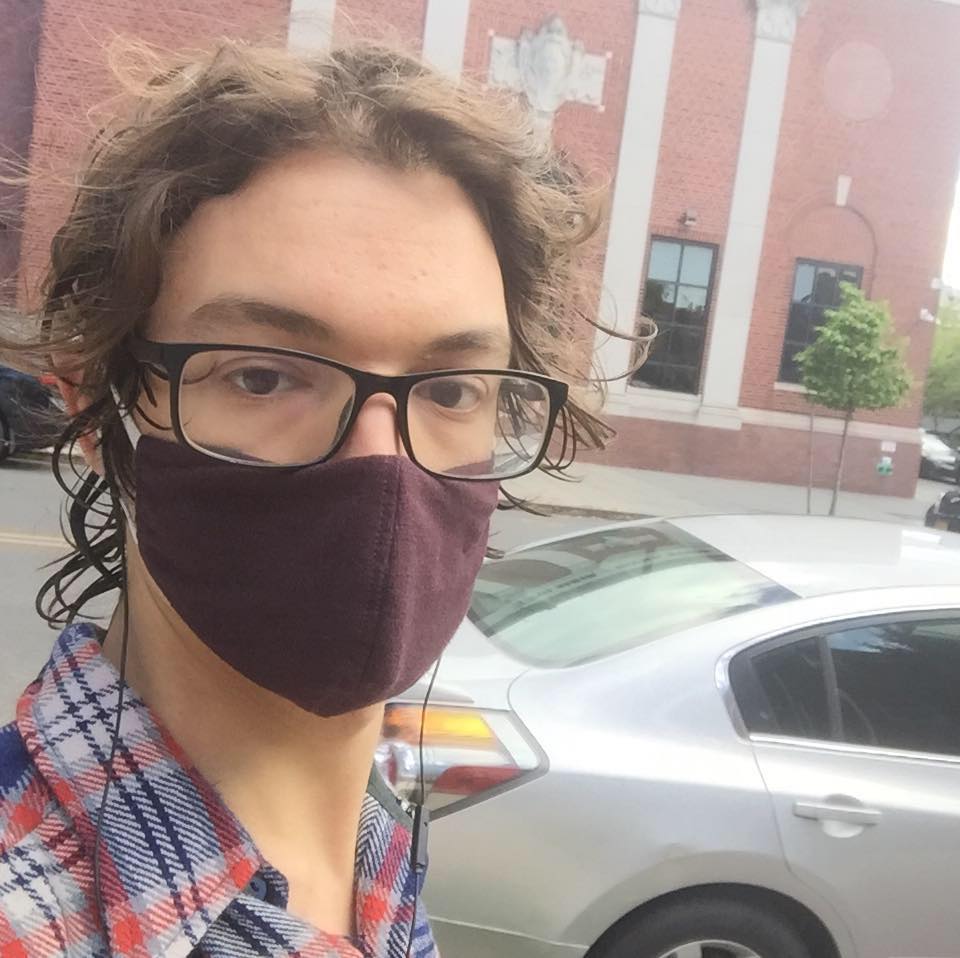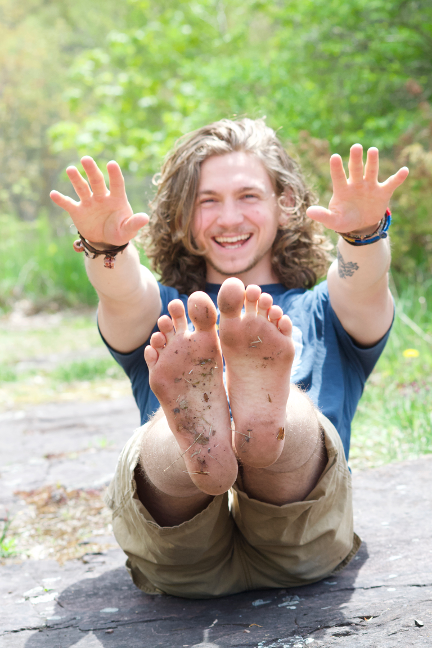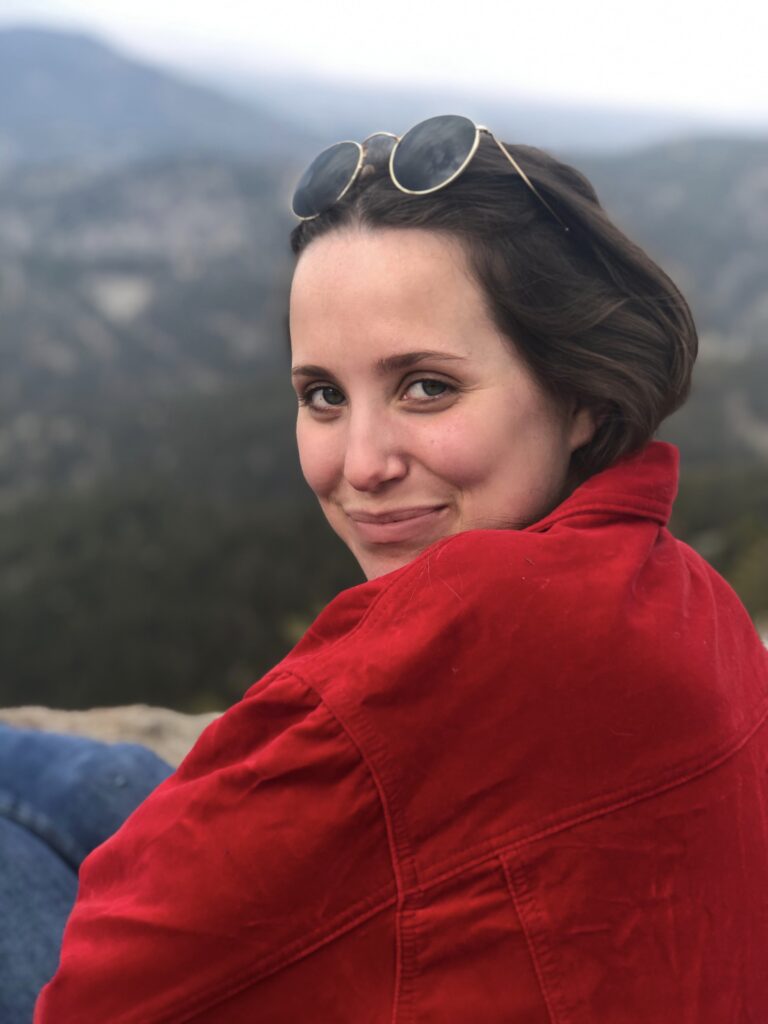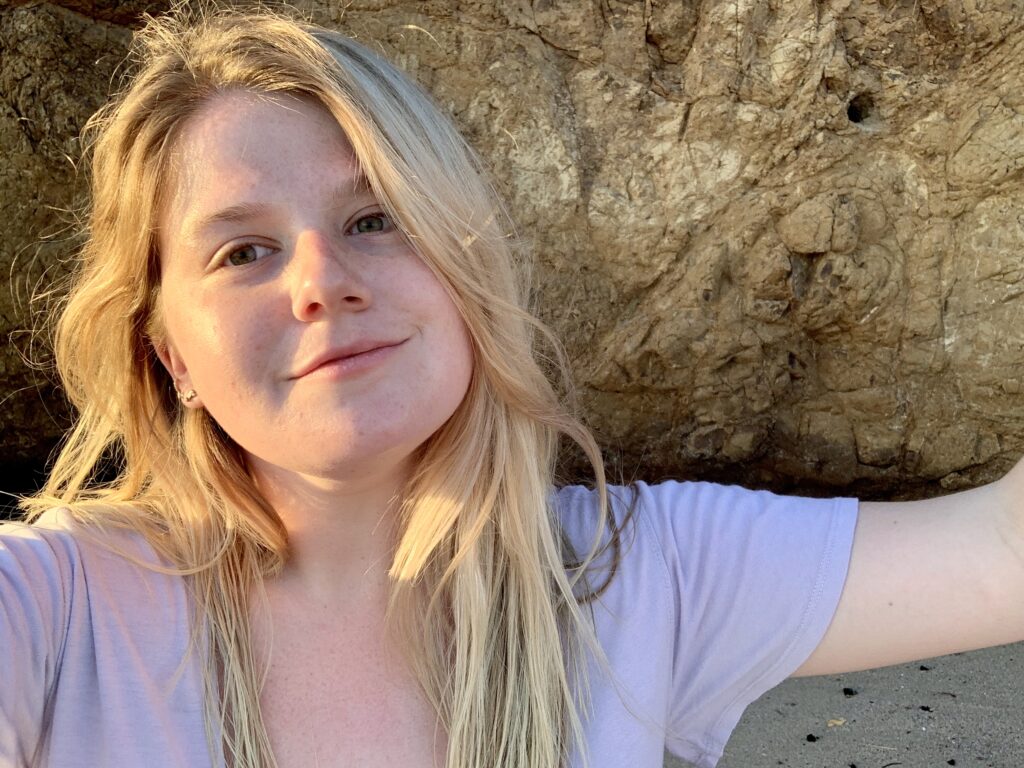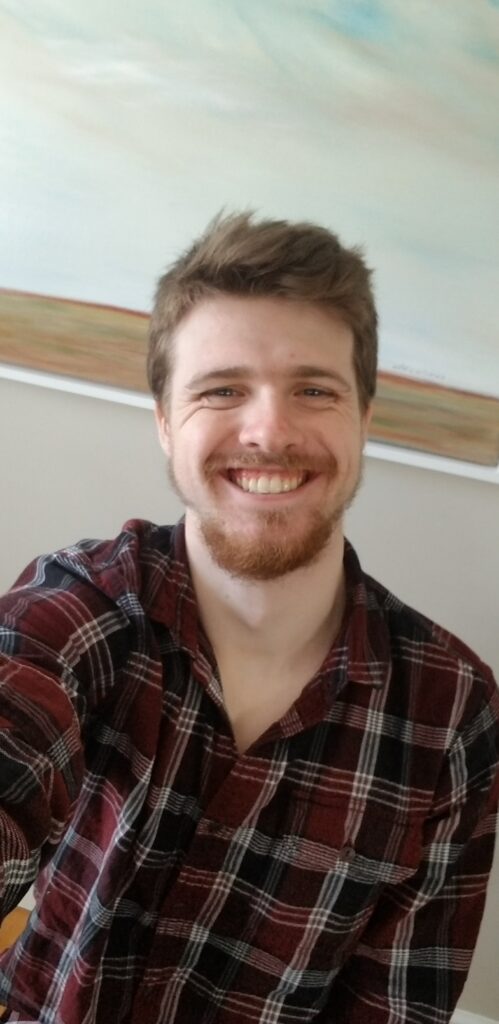I remember the religion classes I took sophomore year so vividly and having “Ah-Ha” moments almost every day. I felt almost like I had to become a religion major because studying religion makes me excited and engaged in ways no other subject can.
– eli van buren ’21
Why did you major in Religion?
There’s nothing else I would want to struggle to understand more than the questions asked in the Rel department. I remember the religion classes I took sophomore year so vividly and having “Ah-Ha” moments almost every day. I felt almost like I had to become a religion major because studying religion makes me excited and engaged in ways no other subject can.
Where do you imagine yourself in 10 years?
Oh yikes, my imagination is endless! In 10 years, I think I’ll be taking it easy – swimming and laughing somewhere nice. I’ll be fluent in Portuguese by then (of course!) and collaborating with other artists in meaningful ways.
I also hope to be much more articulate/confident and to be continuing to think critically no matter what I’m doing.
Imagine a first-year student has asked your advice about REL courses. What’s the one she shouldn’t dream about missing? Why?
Religion Health and Healing! It completely changed the ways I understand the body, ritual, and socialization. Easily one of my favorite classes at UVM.
If you could write any book, what would it be?
It would be an interstellar pirate western full of space outlaws, political intrigue, and personal connection. I mean, it would be an allegory for something, but I haven’t worked that bit out yet – the absurdity of life, maybe. I love a healthy portion of humor in a narrative, but I would savor the serious moments so they could really hit home. It would the kind of book that fully immerses readers into the world it creates – with characters you hate to love and love to hate. I dunno, that’s the kind of book I would want to read!
Any fond memories of 481 Main Street you want to share?
When I took Religion in Japan, Professor Borchert had optional movie showings on a few weekends over the semester – I remember being the only student to show up to watch Okuribito with him and it was just really chill and nice to hang out and eat popcorn while watching this movie on a cloudy afternoon.
And a million of my favorite conversations with Professor Brennan in her office.
And being surrounded by coffee and donuts on finals weeks.
You’re finishing up in the midst of the COVID-19 pandemic. Tell us something about that experience—bonus points for including religion or the Religion Department as a way to think about it!
It was absolutely terrible!
